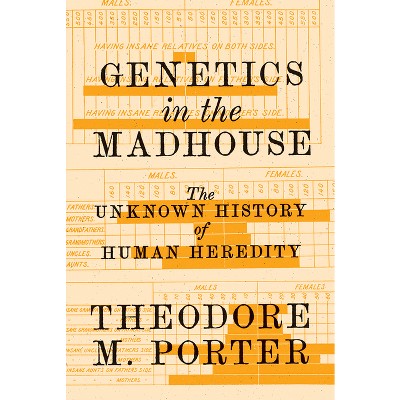Sponsored

Porter and Stout - (Beer and Culture) by Martyn Cornell (Paperback)
In Stock
Sponsored
About this item
Highlights
- In the 18th century, when London brewers faced rising costs, they crafted an affordable brew for the working class, who were mostly employed as porters.
- About the Author: The late Martyn Cornell was born in London.
- 477 Pages
- Cooking + Food + Wine, Beverages
- Series Name: Beer and Culture
Description
About the Book
"In the 18th century, when London brewers faced rising costs, they crafted an affordable brew for the working class, who were mostly employed as porters. So was born the porter, or the stout, whose appeal reached so far beyond the London working class that it can safely be called the world's first global beer. This book is an in-depth, 300-year look at how a cheaply made drink meant for local workers has become internationally renowned. Covering the changing ways porters and stouts have been brewed over the centuries, how different styles evolved, from Baltic porter to milk stout, and porter's triumphant return in the era of craft beer, this book presents a complete history of the world's favorite dark brew"-- Provided by publisher.Book Synopsis
In the 18th century, when London brewers faced rising costs, they crafted an affordable brew for the working class, who were mostly employed as porters. So was born the porter, or the stout, whose appeal reached so far beyond the London working class that it can safely be called the world's first global beer.
This book is an in-depth, 300-year chronicle of how a cheaply made drink meant for local workers has become internationally renowned. Covering the changing ways porters and stouts have been brewed over the centuries, how different styles evolved, from Baltic porter to milk stout, and porter's triumphant return in the era of craft beer, this book presents a complete history of the world's favorite dark brew.
Review Quotes
"This is, without doubt, one of the great books about beer... Reading this vast tome of 477 pages I felt I had borrowed a time machine and gone back to London at the start of the 18th century. ...packed with fascinating images...a book no beer lover should be without."--Protz on Beer
About the Author
The late Martyn Cornell was born in London. He researched and wrote about the history of beer, and beer styles, for more than three decades. He was the author of seven previous books on beer and his work was translated into more than half a dozen different languages. He often spoke on the history of beer at conferences from Denmark to Brazil.Shipping details
Return details
Frequently bought together


Trending Non-Fiction















